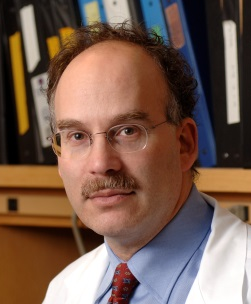Hundreds of thousands of people are diagnosed with lung cancer each year. In fact, more people die of lung cancer than of colon, breast and prostate cancers combined. Thankfully, researchers are making great strides in understanding this disease and how to more effectively treat it.
Key Facts
- In the U.S., an estimated 222,500 people will be diagnosed with lung cancer this year.
- Lung cancer is the second most common cancer in both men and women and claims nearly 160,000 lives every year in the U.S.
- While cigarette smoking is the number one risk factor for lung cancer, 10 to 15% of lung cancer cases occur in non-smokers.
- Only 16% of people with lung cancer will be diagnosed at the earliest stage, when the disease is most treatable.
- Currently, a low-dose CT scan is the only proven effective way to screen for lung cancer.

Lung Cancer Research
In addition to specific projects listed below, genomics research is helping us attack lung cancer – and all types of cancer. NFCR has distinguished itself from other organizations by emphasizing long-term, transformative research and working to move people toward cancer genomics.
NFCR-funded scientists are working around-the-clock on projects that can help us attack lung cancer. For example, in July 2016, the FDA approved the drug Iressa® as a front-line treatment for patients with non-small cell lung cancer (NSCLC) – and the approval is only extended to patients with specific tumor mutations, which were originally identified by NFCR-supported scientist Dr. Daniel Haber.
Also, thanks to NFCR-funded research by Dr. Alice Shaw, a new and better way to treat cancer resistance is emerging. By successfully identifying drug combinations that halted the growth of resistant cells in tumor models, her research will hopefully lead to the development of effective therapeutic strategies for patients with ALK-positive NSCLC (mutations in the ALK gene). Treatments could be clinically tested within one to two years.
NFCR-sponsored scientists Dr. Daniel Von Hoff and Dr. Laurence Hurley have embarked on a new approach to treating difficult cancers – like small cell lung cancer (SCLC) – that involves developing drugs to block DNA so that mutant proteins are not made in the first place. They are creating drugs to block large clusters of DNA called “super enhancers,” which control the expression of a network of genes. SCLC is one of the most rapidly-spreading lung cancers, and their studies may impact SCLC treatment because super enhancers have been associated with disease-critical genes in this type of cancer.


















